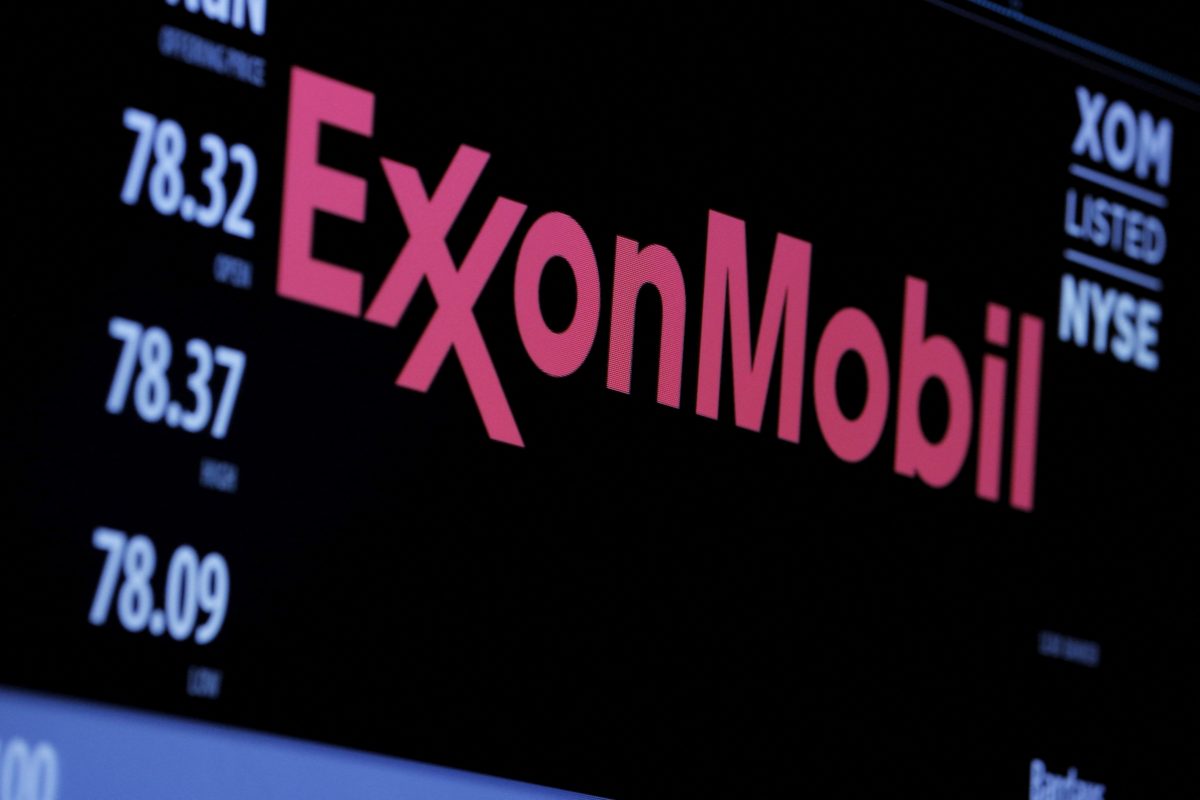(Reuters) – Exxon Mobil XOM.N is in advanced talks to acquire Pioneer Natural Resources PXD.N in a deal that could value the Permian shale basin producer at about $60 billion, people familiar with the matter said today.
The acquisition would be Exxon’s biggest since its $81 billion deal for Mobil in 1998 and would expand its footprint in one of the most lucrative regions of the U.S. oil patch.
Pioneer’s shares rose nearly 12% to $240.47 in premarket trading on Friday while Exxon slipped 1.7%.
Pioneer, which had a market value as of Thursday of $50 billion, is the third-largest producer of oil in the Permian basin after Chevron Corp CVX.N and ConocoPhillips COP.N. That basin, which stretches across parts of Texas and New Mexico, is the U.S. energy industry’s most coveted because of its relatively low cost to extract oil and gas.
If the negotiations conclude successfully, an agreement between Exxon and Pioneer could be reached in the coming days, the three sources said, asking not to be identified because the matter is confidential.
Spokespeople for Exxon and Pioneer declined to comment. The Wall Street Journal first reported on Thursday that a deal between the two companies was approaching.
Exxon, which has a market value of $436 billion, is the largest U.S. oil producer with an average 3.8 million barrels of oil equivalent per day (boed) from its global operations.
Last year it earned a record $55.7 billion thanks to high oil and gas prices and ended the year with $29.6 billion in cash.
Some of those profits have tapered off this year as energy prices, which surged after Russia’s invasion of Ukraine, have fallen over concerns about a global economic slowdown weighing on fuel demand.
Acquiring Pioneer would give Exxon more established oil-producing land it can rely on to increase production when needed, rather than risk its cash on the development of unproven acreage.
“It makes complete sense,” said Bill Smead, chief investment officer of Smead Capital Management, an investment firm which manages $5.2 billion in funds. “You replenish your reserves without poking holes in the ground.”
Exxon produced about 620,000 boed in the Permian basin in the second quarter, a record for the company. Still, this was dwarfed by Pioneer’s output in the basin, which averaged 711,000 boed in the same period.
The potential deal is set to attract political and regulatory scrutiny, after the White House accused Exxon in February of achieving bumper profits at the expense of consumers.
Other oil majors have also been turning to dealmaking because they find it risky to drill new acreage. Chevron Corp CVX.N, for example, agreed in May to acquire shale producer PDC Energy Inc PDCE.O in a stock-and-debt transaction worth $7.6 billion.
Pioneer itself has bulked up through dealmaking, including the acquisitions of U.S. shale rivals DoublePoint Energy for $6.4 billion in 2021 and Parsley Energy for $7.6 billion in 2020.
The Dallas-based company is led by industry veteran Scott Sheffield, who has said he will retire at the end of this year and be succeeded by his chief operating officer Richard Dealy.

